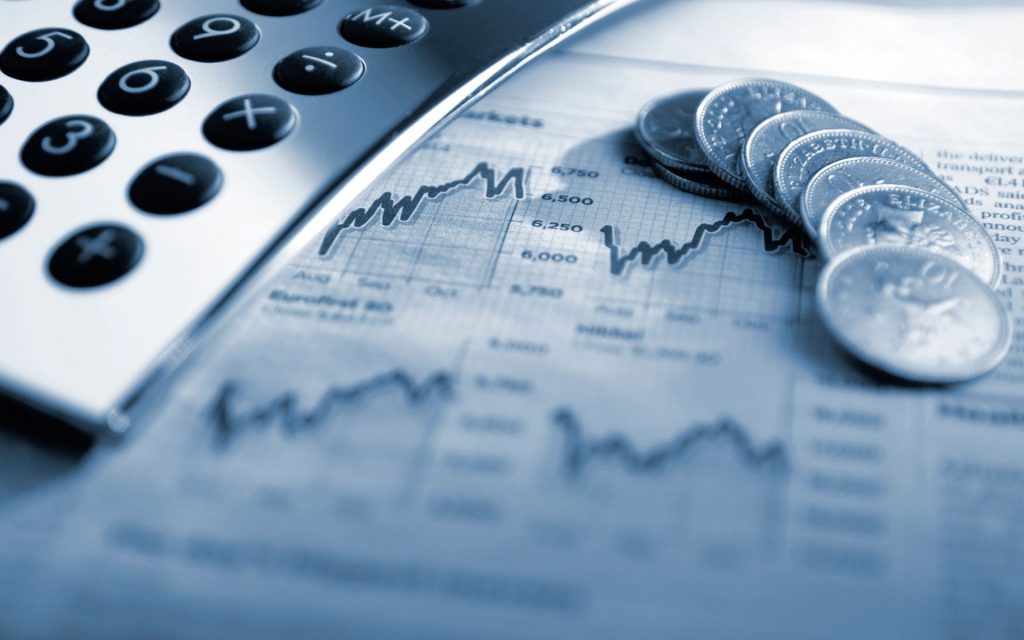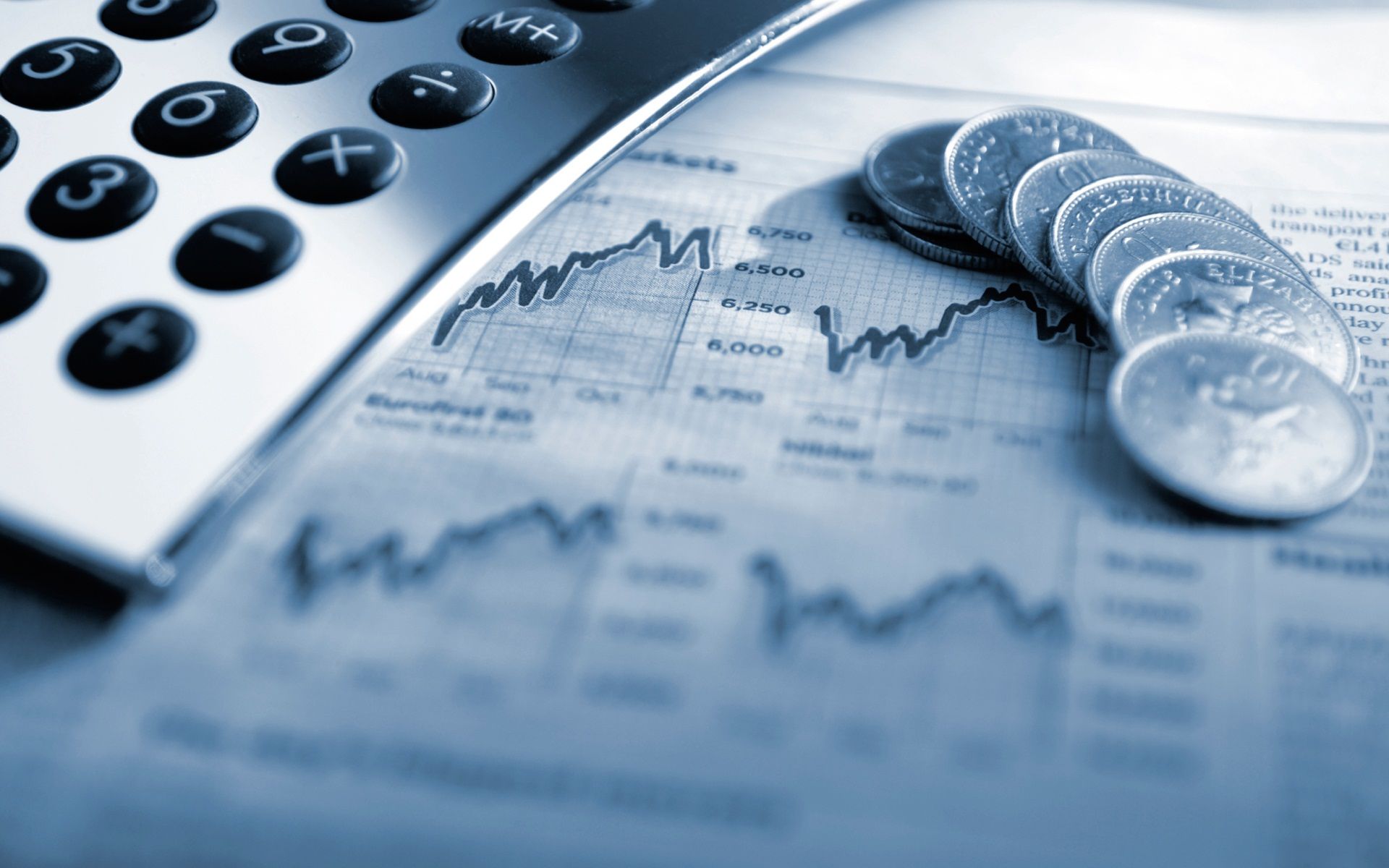Many of us will remember 2009 as the year of change. Unemployment, foreclosures, reduction in payroll, layoffs and a weak economy have affected most of us with our spending habits. With 2010, quickly approaching, it may be time for us to sit down, examine our personal finances, and set goals that may better prepare us for the unknown road ahead. Here are some suggestions to help you map out your financial future.
Reduce Expenses: Without the reduction in debt, it is almost impossible to save money. Most financial advisor’s will tell you this is a necessity.A habit to cut down expenses is one of the most efficient way to keep yourself on track, which yields benefits even in the long run. Knowing where your money is going each month is the first step. Grab a pad and pencil and start writing down what your expenses are. Look at your credit card statements, bank statements and receipts to tally up items you may not remember. Most people who do this are surprised to see exactly how their income is expensed. After writing down the items examine the ones that are reoccurring. Are these expenses a necessity or luxury item? Buying five dollar coffee is not a necessity, especially when the total amount spent in one month can exceed $100 dollars. If the items are a luxury, see which can be changed or eliminated. If they are a necessity, such as utilities, examine how these items can be reduced.

Eliminate Credit Card Debt: Credit cards are great consumers of your income. Especially if you are paying the minimum balances. With the current economy, many credit card users are finding their interest rates skyrocketing, which in turn, increases the amount of payment due. If you want to know how long it will take to pay off a credit card, go to www.bankrate.com. They offer a credit card calculator. You can enter the information, and based on your minimum payment, it will tell you the length of time for payoff. Make it a goal to eliminate your cards balances, one at a time. For many, that plan may not be achieved in one year, it may take several. But rest assure, once the payments are gone, you will be on the path to financial freedom and available disposable income.
Start Saving: Do you remember when you were a kid and you saved money in a jar? In the beginning, the few coins didn’t amount to a lot, but over time, the coins grew and grew into a large enough sum to have real buying power. It is the same with saving. The in ital amount doesn’t have to be big, but as the balance grows, so will your desire to see it get even bigger. “Saving” has now become a key word with this new economy. Just two years ago, Americans were spending more than they saved, today the opposite is true. Saving for a unexpected event or retirement, must become part of your personal financial goal for the New Year of 2010.
Create a Budget: In the past, with the convenience of equity lines, refinances and credit cards, most of us didn’t give much concern to how much we spent. If we wanted it, we got it. Today, the world is much different. All of us are facing returning back to a budget. When you create a budget, you set a certain dollar amount that is applied to purchases or expenses. This means that before you buy a item, you consider how much you are willing to pay for it. Once this is decided upon, you do not deviate from it. One of easiest ways to help stick to a budget is by only using cash for purchases. The temptation to overspend is more easily eliminated when you know you are depleting your cash supply each time you buy. If needed, there are many great programs and websites that offer budget spreadsheets and advice such as, www.christianpf.com, which offers 10 free budget spreadsheet, or www.docs.google.com.

Delaying Major Purchases: Many people ask me about buying a new car, home, or other expensive items. The answer is that you need to examine whether it makes sense to take on the additional expense. If buying a new car, is being done for no other reason than to update your vehicle, that purchase should be delayed. If your current vehicle needs repairs, it is better to fix the car than to incur a debt of a monthly payment that can last up to 6 years. The purchase may make sense if it is strictly on a cash basis for a amazing deal. With many foreclosures on the market, you may be tempted to jump in and buy a home. Make sure that you have a sustainable down payment. This will help to reduce the monthly payment, making it more affordable. Owning a home comes with more expenses than renting. There are repairs, maintenance, taxes, insurance and those unexpected emergency items. Consider the possibility of these items when looking into the mortgage payment of home ownership. With the uncertainty in the job and housing market, it is important to decide if acquiring debt is a wise decision.
With the New Year of 2010 around the corner, its time to take seriously your personal financial goals and what you want for the future. The goals can be short or long term. By examining your spending habits and expenses, you will become aware of where your hard earned money is going and how to gain a understanding of how it is spent. By taking control of your finances you reduce the stress of dealing with the uncertainty of a volatile economic environment. No one can predict if 2010 will be a better year, but by setting goals and attaining them you can assure yourself, that for you, it will could be.

